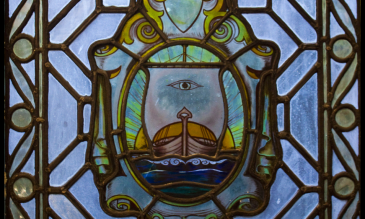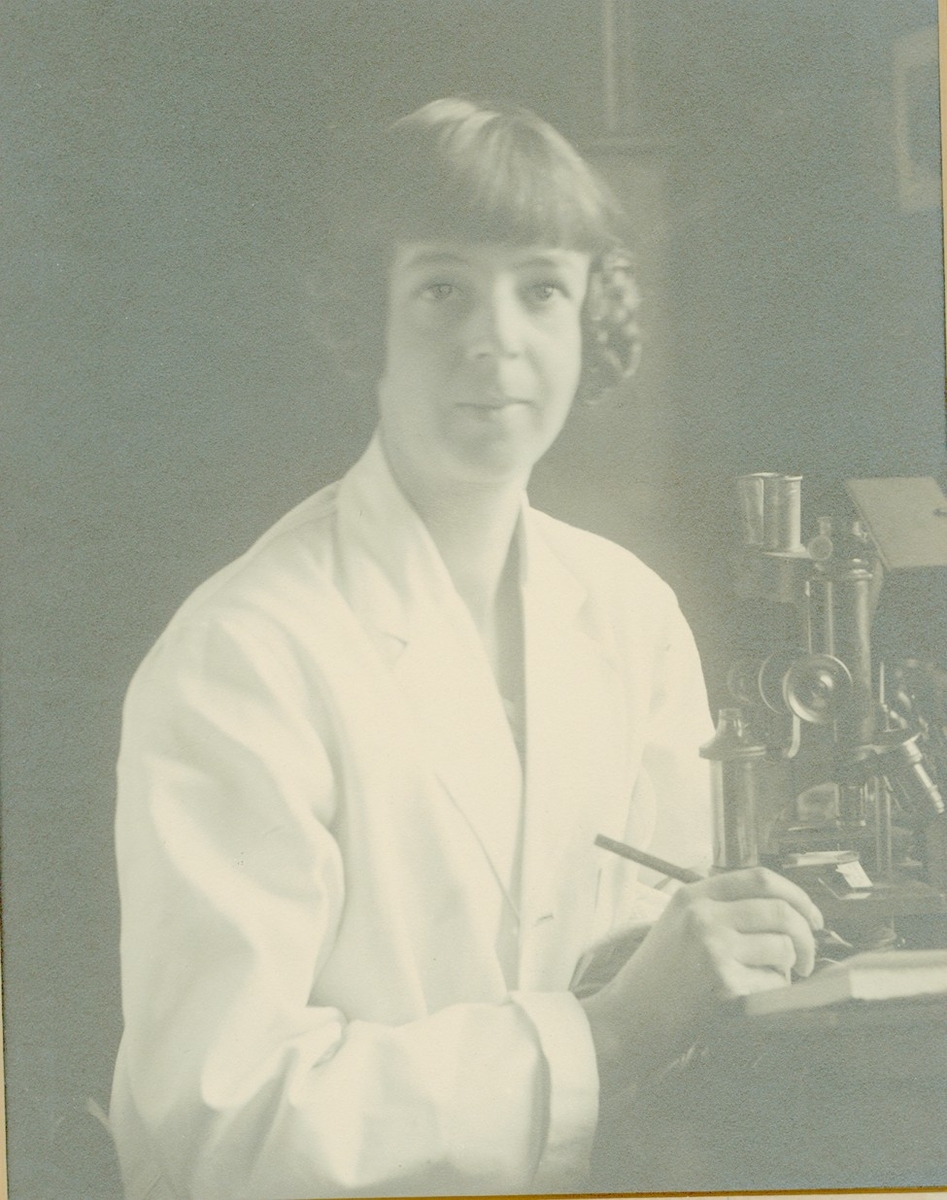
Clare Morgan, DTMH January 2017

Hello. I am currently rather sugar and caffeine crazed having just finished off making coffee fudge for the upcoming International night. There have been lots of instrumental and singing rehearsals ongoing and I am sure Tim O’Dempsey would be proud at the various instruments now firmly installed in Liverpool and not languishing at home. From the rehearsals I have been privy to, the show promises to be a great one. Good luck to all the performers!
I am not sure who else is, but I am currently in the throes of, what is for me a recurring illness, exam fever: Pathogenic Organism: Indicina Superonus, Vector: subspecies of the P. Point & V. Panopto bugs, Symptoms: fevered studying, narrowing of interests, queasiness and a delirious element in the form of gradually increasing voices of panic in my head, Experimental cure: flash cards, Failed preventative measure: CMS vaccine. [1]
In an attempt to distract from my own exam fears I have been looking back to the exam papers set by the very first Diploma of Tropical Medicine ever launched which began in 1903.[2] Anyone up for answering ‘discuss the conditions which influence the climate of the British islands’? Or how about ‘describe in general terms the manner in which you would establish and provide for a small research laboratory in the tropics; the lab affording accommodation for two examiners’? There are however more recognisable ones such as ‘describe the anatomy of the flea and its relationship to the plague’ which I think I could just about have a stab at.
Sándor’s quest to find the link between our rather fancy lecture theatre (with its automatic blinds that, to me and some others on the course, are reminiscent of the lowering of blast doors on a nuclear bunker) and its name sake set me to find out the answer to my own question namely, what is with the school’s ship? It is everywhere around us from the entrance hall floor to the stain glass of the stairs but I could not seem to find an inscription explaining it. So I set out to find one. And the answer is … no one seems to be sure![3] Well that makes it two nil to history vs DTMH bloggers.
Continuing in the historical vein and in honour of Kate’s post on education and International Women’s Day I thought, given my interest in the history of women in tropical medicine (or in any early medicine for that matter)[4], I would highlight someone from the school’s history. So may I commend to you Dr Alwen M Evens who was the first female lecture at the school and eminent entomologist (whose picture hangs up just above the exit of the Nyunkunde room if you would like to have a look.)
On a more sombre note thankfully for me exam fever is a non-lethal disease and only lost pride will be the permanent sequelae of a poor outcome. This is in stark contrast to those who are bitten by poisonous snakes in the tropics who are without access to effective locally relevant antivenom. I am extremely excited about going to see the school’s venom research lab and snake vivarium but I find it sobering to think about how many people at this moment are paddling around barefoot sharing their working and living environment with such potentially dangerous creatures.[5] I, for one, am certainly a convert to the need to promote awareness of both the problem of and need for effective solutions to this neglected tropical disease.
Sorry this has got so dreadfully long! Feel free to flee if you have not already done so with it being exam time and all. I just thought for completeness I should put the update on my Library Scavenger challenge:
International Relations: a very short introduction by Paul Wilkinson
This books content chimes with Sally’s subject of trying to understand and effect change in the world. It covers the main actors in international relations (states, NGOs etc.). I don’t have much knowledge of this topic. So as someone in need of a short introduction I got on well with it, liking its readability and the author’s well-kept promise to keep theoretical frameworks to a minimum. Perhaps the only exception was the chapter on Inter-Governmental agencies which was a little denser with, maybe due to the nature of the beast, lots of acronyms: CFSP, EC, EURATOM, ECSC etc. all dutifully typed long hand first.
One thing that contributed to keeping it at a good level for a beginner was the way that the author set out the first chapters on the actors, for example what a foreign secretary might need to be briefed about on the first day of their office. This also leads to little passages such as “At this point the permanent undersecretary might think it better not to launch into a detailed account of the byzantine complexities of the EU…He could see the new foreign secretary’s eyes glazing over” which I liked.
The only thing that made it a little odd was that, being published in 2006 the current conflicts that he commented on have now evolved further. Furthermore, the last chapter set about attempting to address answers to real world issues making it a sombre read. I was not quite sure whether the author felt any of them were possible, which left me somewhat down beat at the end of the book. I would recommend it but would like the “current parts” to be updated.
Critical Thinking Skills: Developing Effect Analysis and Argument by Stella Cottrell
I must confess that this was not an easy book to read. It is not the fault of the author – there are good examples to work through and clear chapters it is more my own folly for thinking it could be approached and read cover to cover since it is more of a text book than the others. I found it more fun in the end to dip in and out off.
The author is careful to really deconstruct what it means to create an argument however since I had already studied critical thinking as a subject at school it is a bit dry and basic for me now (where was it when I needed it and was struggling with the difference between an argument and a disagreement!?!). I like the book “Do They Think You're Stupid?: 100 Ways of Spotting Spin and Nonsense from the Media, Celebrities and Politicians” which does the same job as chapter 7 on identifying flaws in arguments and does it in a more lively way. Having said that, there were natty little illustrations that brightened the experience and perhaps Paul Garner’s attempt to spread scepticaemia could be boosted by contact with the book. My take home point was to copy down p.153 on making notes to support critical reading as it’s a hand summary.
Unfortunately I still have not finished The Spirit Level and now THE EXAMS ARE COMING AAHHHHRR!
[1] For the rightful acronymphobic among you that is Calm Methodical Studying vaccine.
[2] Sorry Liverpool and London but it was Cambridge (my home city) that had that honour. I found a throw away reference to the now disbanded diploma in a book on colonial tropical medicine and then nothing more so I decided to study it for my history of medicine modal at University. Great fun and it turned out totally unstudied area of medical history! Rock on GHF Nuttall!
[3] For a summary of the origins see https://www.liverpool.ac.uk/library/sca/colldescs/lstm/emblem.htm
[4] Have you ever played spot the women in early black and weight photos of medical endeavours or paintings on the walls of learned institutions or is that just me?
[5] P.S. Have now gone to the snake lab. What an incredible place. I don’t want to steal anyone else’s thunder who might be planning to write about it though.